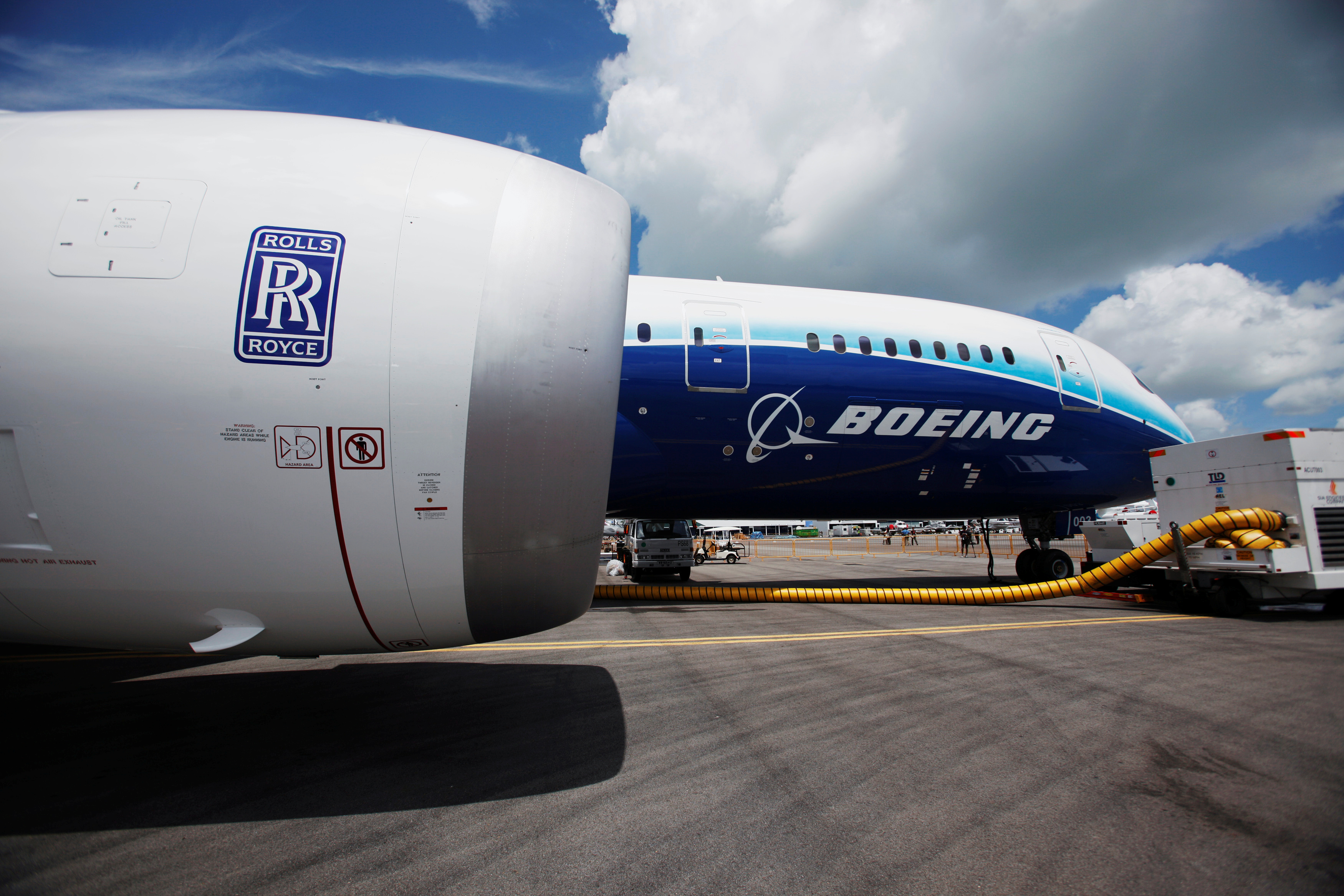Boeing to Cut 17,000 Jobs, Delay 777X Jet as Strike Impacts Finances

Boeing has announced plans to cut 17,000 jobs—roughly 10% of its global workforce—due to financial strain exacerbated by a month-long strike. The company will also delay the first deliveries of its highly anticipated 777X jet by a year and expects to record $5 billion in losses for the third quarter. CEO Kelly Ortberg explained in a message to employees that these drastic measures are essential to align the company with its financial reality, following halted production on several major aircraft programs.
The strike, involving 33,000 workers on the U.S. West Coast, has severely impacted production of Boeing’s 737 MAX, 767, and 777 jets. Ortberg emphasized that the job cuts would affect all levels of the company, including executives and managers. He also acknowledged the importance of stabilizing relations with the union as Boeing grapples with both immediate challenges and long-term strategic decisions.
Job Cuts and Financial Pressures
Boeing’s financial woes have intensified, leading to a significant restructuring. The company expects third-quarter revenue of $17.8 billion, a loss per share of $9.97, and a better-than-expected negative operating cash flow of $1.3 billion. Analysts had initially predicted a more significant cash burn, with estimates nearing negative $3.8 billion. However, the planned job cuts are seen as an effort to mitigate further losses and pressure striking workers to return to the bargaining table.
Equity manager Thomas Hayes commented that the layoffs could push workers to end the strike, stating, “Striking workers who temporarily do not have a paycheck do not want to become unemployed workers who permanently do not have a paycheck.” The strike, which has already cost Boeing an estimated $1 billion per month, puts the company at risk of losing its investment-grade credit rating. Reaching an agreement with the union is critical, as the dispute with the International Association of Machinists and Aerospace Workers (IAM) has complicated efforts to restore production.
777X Jet Delays and Other Program Impacts
Boeing’s 777X program, which had already faced certification challenges and delays, will now see its first delivery pushed back to 2026. The company attributed the delay to both development challenges and the ongoing work stoppage. Additionally, Boeing plans to phase out its 767 freighter program by 2027, while continuing production of the KC-46A Tanker.
The IAM expressed concern over Boeing’s decision to end the 767 freighter program, describing the move as troubling and a possible distraction from the company’s unwillingness to negotiate. IAM President Jon Holden criticized Boeing’s decision to file an unfair-labor-practice charge, calling it a tactic to avoid returning to the bargaining table. Despite the tense labor relations, Boeing is also facing legal challenges, including a court hearing regarding a guilty plea to fraud and a substantial settlement with the U.S. Department of Justice over safety violations.
Financial Repercussions and Market Reactions
Boeing’s delayed 777X delivery and workforce reduction come at a time when the company is already burdened by heavy debt and declining cash flow. With approximately $60 billion in debt, Boeing has struggled to generate positive operating cash flow, posting losses of over $7 billion in the first half of 2024. The company is exploring options to raise between $10 billion and $15 billion to maintain its credit rating, including the potential sale of stock and equity-like securities.
Financial analysts have long warned of the company’s precarious situation, citing mismanagement and ongoing safety issues. Michael Ashley Schulman, a partner at Running Point Capital Advisors, noted that Boeing’s credit rating and share price have been at risk for years, and the ongoing strike may be the final straw that significantly weakens the company.
As Boeing prepares to report its third-quarter earnings on October 23, the company’s future remains uncertain. The continued impact of the strike, combined with the delayed 777X deliveries, legal challenges, and significant job cuts, creates a volatile environment for the planemaker, which will need to make significant financial adjustments to restore its operations and regain investor confidence.





















